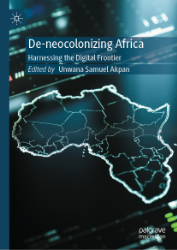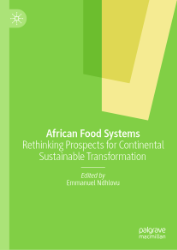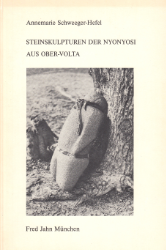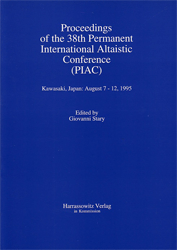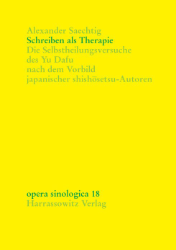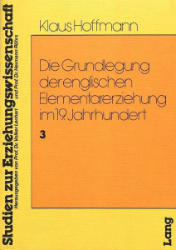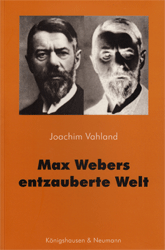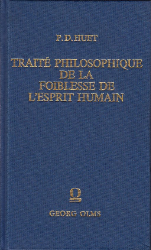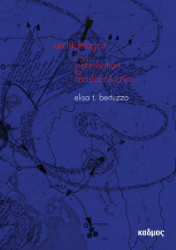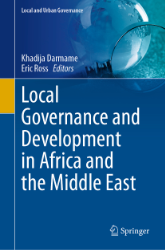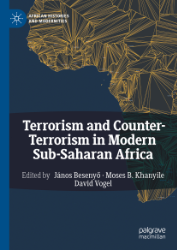Kundenlogin
Wenn Sie noch kein Kundenkonto haben, können Sie sich hier registrieren. Sollten Sie Ihr Passwort vergessen haben, können Sie hier ein neues Passwort anfordern.
Wenn Sie noch kein Kundenkonto haben, können Sie sich hier registrieren. Sollten Sie Ihr Passwort vergessen haben, können Sie hier ein neues Passwort anfordern.
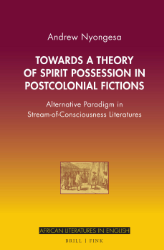
Nyongesa, Andrew
Towards a Theory of Spirit Possession in Postcolonial Fictions
Alternative Paradigm in Stream-of-Consciousness Literatures. Should depth psychology supplant aspects of tradition in readings of fragmented selves in African Literatures? Are other selves in pathological characters mere mishaps in memories or persons with ability to substitute the primary self? This book contends that fragmented selves in characters in stream of consciousness writing in Africa are representations of the spirit possession trope. The book adopts postulations of reputable scholars such as John Mbiti, Emma Cohen and Janice Boddy to examine spirit possession in selected works of African literature and Africanised churches with the aim of proposing it as a viable trope for the analysis of postcolonial literatures. While most literary criticism focuses on literary texts, this book extends the analysis to cases of exorcism in Africanized Pentecostal churches. This comparative reading attests to the major differences between depth psychology and spirit possession tropes in the analysis of stream of consciousness literatures. It is evident that spirit possession in the African context is not merely a pathological condition, but a desirable state that enables prophetic abilities, genius, success and beauty. -- This study delineates the spirit possession trope as an alternative canon in the analyses of stream-of-consciousness literatures. The study interrogates the influence of spirit possession paradigm in contemporary works of fi ction and folklore in Africanised religious societies from videos on social media (YouTube). The rapid development of these literatures in Africa has delimited their readings to Western models such as dissociation that may not offer satisfactory interpretation because of their inherent differences. While some existing studies in the area propose use of the two tropes in interpretation of literary works, such an approach ignores the fundamental differences between the two paradigms. This study was carried out on African novels and folklore from selected Africanised Christian societies to discriminate spirit possession as a trope apt for a theoretical model for analysis of stream-of-consciousness literatures in Africa and beyond. Seven novels by African writers (both pioneer and contemporary) and two Christian societies were purposively sampled. In spite of most of the sampled texts and societies exhibiting aspects typical of stream of consciousness literatures, the following were more fervent about the subjects: Nuruddin Farah's "Close Sesame", Brian Chikwava's "Harare North", Buchi Emecheta's "The Joys of Motherhood", Chinua Achebe's "Things Fall Apart", Elechi Amadi's "The Concubine" and Hisham Matar's "The Return". The two Africanised churches were Kenyan based "Jesus Teaching Ministry" and "Newlife Prayer Centre and Church". The study adopted the descriptive and narrative analysis qualitative designs. Data from secondary sources enabled the theoretical comprehension and qualitative analysis of primary texts. The study proceeded through content analyses of videos and close textual reading of the primary and secondary texts while Mbiti and Cohen's tenets of spirit possession served as theoretical bases for interpretation. It was found that rather than adopt Western models that present dissociation or presence of the other as predominantly pathological, an African paradigm demonstrates both its merits and demerits for objectivity. VIII,123 Seiten, gebunden (African Literatures in English; Vol. 4/Brill | Fink 2025) etwas bestoßen, leicht angeschmutzt/unused, somewhat bumped, slightly soiledBestell-Nr.: 131154
ISBN-13: 9783770569458
ISBN-10: 3770569458
Erscheinungsjahr: 2025
ISBN-13: 9783770569458
ISBN-10: 3770569458
Erscheinungsjahr: 2025
Reihe: African Literatures in English
Autor*in: Andrew Nyongesa
Sprache: Englisch
Zustand: Sehr gut, etwas bestoßen, leicht angeschmutzt/unused, somewhat bumped, slightly soiled
Autor*in: Andrew Nyongesa
Sprache: Englisch
Zustand: Sehr gut, etwas bestoßen, leicht angeschmutzt/unused, somewhat bumped, slightly soiled
Weitere Bücher im Sachgebiet »Afrikanistik«
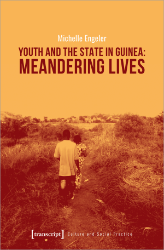
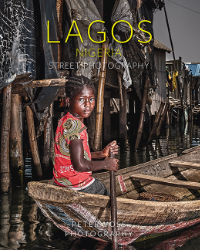
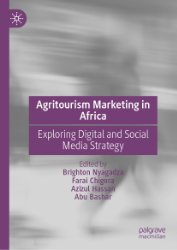
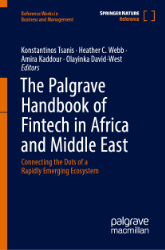
The Palgrave Handbook of Fintech in Africa and Middle East
Connecting the Dots of a Rapidly Emerging Ecosystem
Connecting the Dots of a Rapidly Emerging Ecosystem
